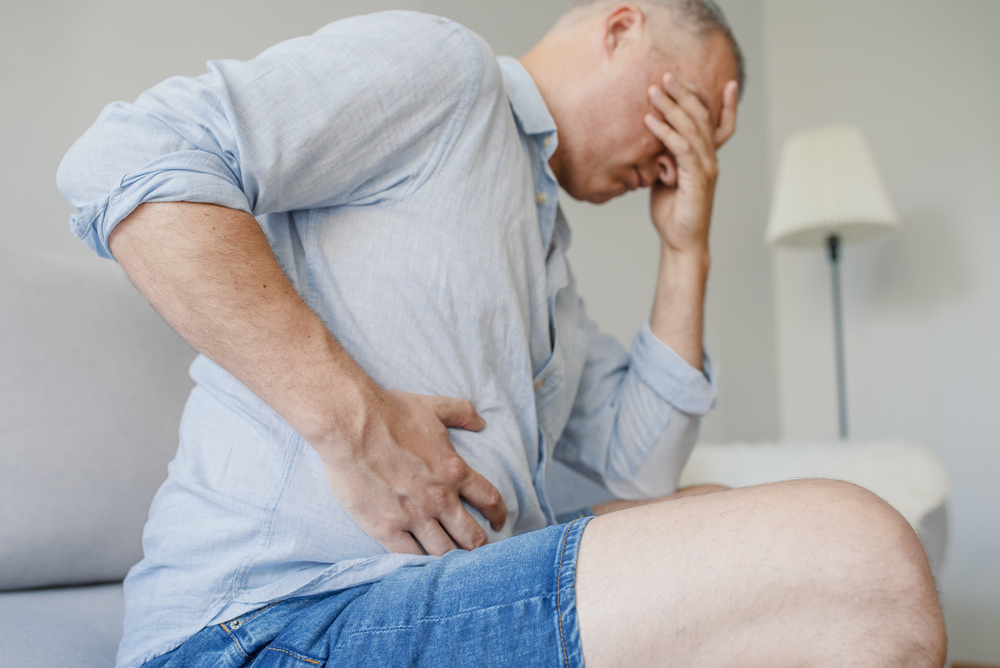
24 Sep Abdominal Pain and Colitis: What You Need to Know
A variety of conditions can cause abdominal pain. Some are more serious than others, so it is important to see a doctor if you are experiencing chronic abdominal pain along with symptoms like diarrhea and bloody stool. At Lone Star Pain Medicine, one of the more common conditions we treat is colitis. If you were to visit our clinic in search of relief from abdominal pain, colitis is one of the conditions we would talk about. We would test for it if the symptoms you describe indicate it could be a possibility.
Colitis Basics
In medical terms, the ‘itis’ suffix refers to inflammation. Colitis is inflammation of the colon, otherwise known as the large intestine. It can be mild in some people and rather severe in others. Understand that there are different types of colitis with different causes. Treatment depends on the specific cause of the inflammation.
The three most common forms of colitis are:
- Ulcerative Colitis (UC) – UC is an inflammatory bowel disease. Patients sometimes confuse it with Crohn’s disease. Unfortunately, UC is a long-term condition that leads to inflammation and bleeding ulcers within the lining of the colon. It often starts in the rectum and gradually spreads to the colon.
- Pseudomembranous Colitis (PC) – PC is generally the result of too much Clostridium difficile bacteria in the system. Clostridium difficile is a naturally occurring bacteria the body needs to maintain digestive balance. But if there is too much, it can release toxins that cause colon inflammation.
- Ischemic Colitis (IC) – If blood flow to the colon is abruptly cut off, IC quickly develops. Numerous things can cause this condition. For example, blood clots are one of the main culprits. Ischemic colitis is often the result of another underlying condition, like diabetes or colon cancer.
It is important for doctors to figure out the primary cause of colitis to treat it properly. Therefore, a battery of tests will be ordered when colitis is suspected.
Common Symptoms of Colitis
Abdominal pain and cramps are the most common symptom of colitis. In more mild cases, the pain may be minimal and come and go. More serious cases can result in sudden and intense pain that subsides quickly or continues for hours or days. In addition, colitis suffers can exhibit the following symptoms:
- Bloating
- Blood in stool
- Chills or fever
- Diarrhea
- Urgent bowel movements
- Vomiting or nausea
- Weight loss.
Mild abdominal pain is not necessarily something to worry about. However, pain that persists over many days or is suddenly intense are a cause for concern. Patients should consider seeing a doctor when abdominal pain accompanies consistently bloody stool, unexplained weight loss, joint pain, and unexplained rashes.
Colitis Treatment
Since there are many different types of colitis, treatments tend to vary by patient. The main goal is to reduce inflammation and allow the bowels to rest. Doctors may prescribe dietary changes and recommend more fluids. In some cases, intravenous fluids might be required for a time.
Anti-inflammatory medications, antibiotics, pain medications, and anti-spasmodic drugs are also on the table. In severe cases where long-term damage is evident, surgery may be necessary to remove damaged sections of the large intestine.
Lone Star Pain Medicine in Weatherford, TX treats abdominal pain. If you are suffering from it, even if it is mild, we invite you to make an appointment to see one of our specialists. If you are suffering from colitis, we can help you figure it out and then come up with an appropriate treatment plan.


Sorry, the comment form is closed at this time.